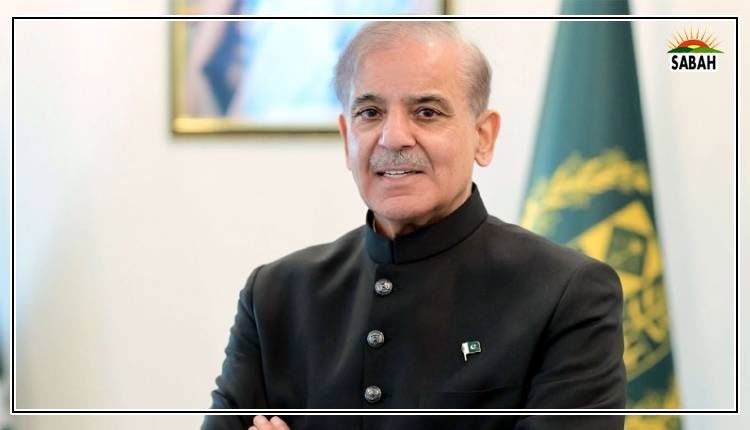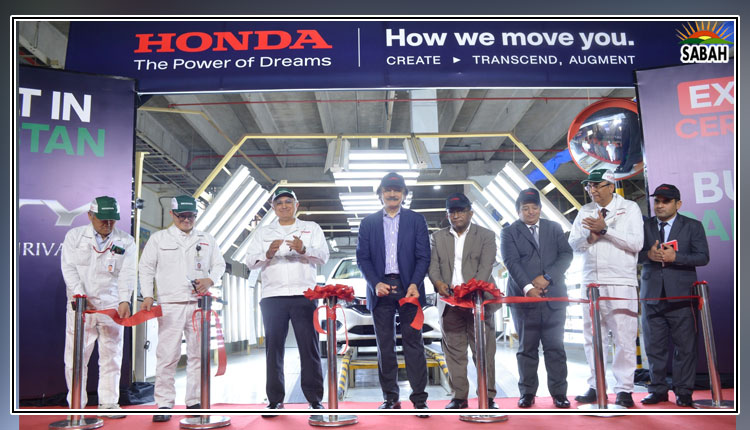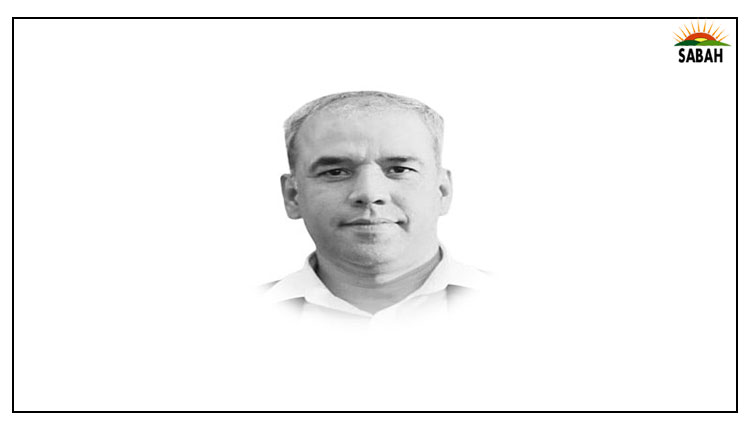Fake degrees, accountability & governance …… Irfan Larik
We, as a nation, never stop getting amused every waking moment of our lives after watching, hearing and reading about all that goes on in our society in the land of pure. The cruder way to put it would be that there is no end to absurdity in anything taking place especially at official and political levels.
We get to know that a sitting High Court judge responsible for administering the justice allegedly faked his academic records and nobody bothered to check the records during his entire judicial career. All of a sudden we heard one day that the public sector university granting that degree has revoked the law degree awarded to the judge due to some facts that now surfaced as a result of an inquiry. The Sindh High Court has, however, declared the university’s decision null and void on the grounds that the judge was not given the chance to present his viewpoint in the matter to the inquiry committee. It took the university no less than 34 years to find the “facts” about the matter – which makes one think that something is fishy. The judge in question has worked at important positions during his official judicial career.
In a similar instance, the Deputy Station Manager of PIA in Birmingham, a brother of a former army chief, was requested, as reported in an English newspaper, to resign from his post as the intermediate certificate submitted by him at the time of his recruitment was found fake upon scrutiny. The news report did not mention when he was recruited and why it took so long to get his documents verified. Instead of dismissing him and taking legal action against him, he was respectfully requested to resign as he happens to be well-connected. This is the mockery of the very concept of accountability and justice.
These and more such instances manifest growing dysfunction in our society at every level. News items about fake academic qualifications of politicians and public officials are something that we get to hear quite frequently. It is thus no wonder that substandard public administrative services are offered in the country at every level.
The successive governments have come up with grand plans of their own aimed at reforming the bureaucracy and improving public service delivery structure in the country. However, the net effect of all the reform measures undertaken from time to time is there for all to see; and compared to the past, the matters in all these areas are getting worse with every passing day.
It is a forgone conclusion that there is a big flaw in our system of governance at every level and there are many interrelated causes. One of the most obvious causes leading the list is that no government, whether civilian or military, has ever tried to strengthen state institutions and enforce the culture of accountability within them. On the contrary, every effort has been made to weaken them so as to serve the interests of those in power rather than working for the collective interest of society.
We, as a society, lag far behind in terms of social and political progress and all of it has to do with the shortsighted and self-serving policies pursued by our helmsmen – with no exception at all – over the years.
The rot in the system starts with the system of hiring in the public sector. The whole recruitment process revolves around the concept of rewarding cronies and supporters with jobs at different levels in government-run departments, in sheer neglect to the principle of merit. It goes without saying that it is society at large that ends up paying a heavy price for these decisions.
The priorities of our ruling elite are geared towards staying in power as long as they can and keep enjoying the official protocols, perks and privileges. For them the concepts of nation building and social and political progress are mere academic concepts. What makes the situation even more disappointing is that there is a complete lack of resolve on the part of those who really matter in the governing scheme of things to make an earnest effort to change things for the better. They are content with the status quo as it serves their interests well.
History, however, tells us that things never remain the same all the time, and there are underlying forces that ultimately thrust a change.
Courtesy Express Tribune












